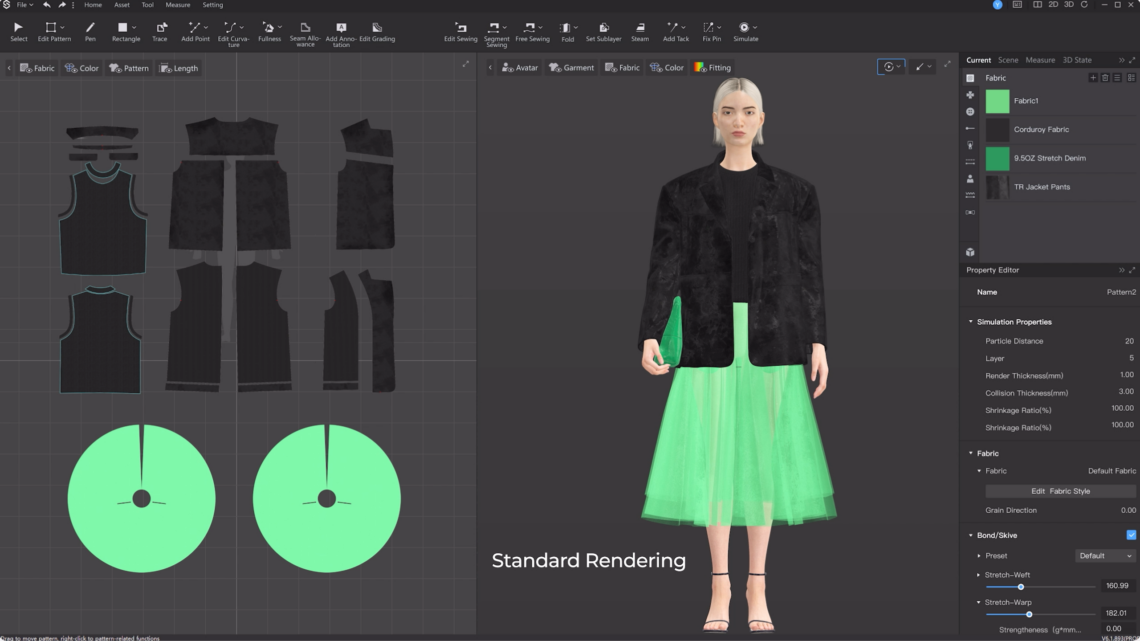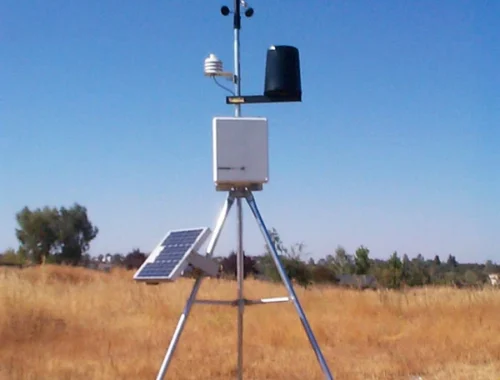
AI in Fashion: Revolutionizing Design, Shopping, and Sustainability for a Smarter Future
The Future of Fashion: How Artificial Intelligence is Revolutionizing the Industry
In recent years, the fashion industry has witnessed a significant transformation, thanks to the integration of Artificial Intelligence (AI). From design to production, AI is reshaping how fashion brands operate, making processes more efficient and innovative.
AI in Fashion Design
One of the most exciting applications of AI in fashion is in the design process. AI algorithms can analyze vast amounts of data, including current trends, consumer preferences, and historical sales data, to predict what styles will be popular in the future. This allows designers to create collections that are more likely to resonate with their target audience.
Virtual Prototyping and 3D Modeling
Another groundbreaking development is the use of AI for virtual prototyping and 3D modeling. Platforms like Style3D leverage AI to create highly accurate digital representations of garments. This not only speeds up the design process but also reduces the need for physical samples, saving both time and resources.
Personalized Shopping Experiences
AI is also enhancing the shopping experience for consumers. By analyzing browsing and purchase history, AI can offer personalized recommendations, making it easier for customers to find products they love. This level of personalization is becoming increasingly important as consumers expect more tailored experiences.
Supply Chain Optimization
AI is playing a crucial role in optimizing the fashion supply chain. Predictive analytics can forecast demand more accurately, helping brands manage inventory more effectively. Additionally, AI-driven automation is streamlining manufacturing processes, reducing lead times, and improving overall efficiency.
Ethical and Sustainable Fashion
AI is also contributing to the push for more ethical and sustainable fashion practices. By optimizing material usage and reducing waste, AI helps brands minimize their environmental impact. Furthermore, AI can assist in ensuring fair labor practices by monitoring supply chains for compliance with ethical standards.
Conclusion
The integration of Artificial Intelligence into the fashion industry is not just a trend; it’s a revolution. From design to production to retail, AI is driving innovation and efficiency, paving the way for a more sustainable and consumer-centric future. As technology continues to evolve, the possibilities for AI in fashion are virtually limitless.
You May Also Like

シャーシ設計の最適化手法とその応用
March 20, 2025
Pool Products: Essential Accessories for Your Swimming Pool
March 17, 2025
